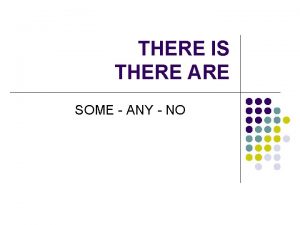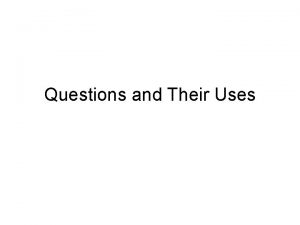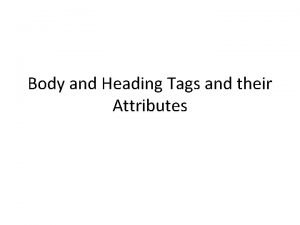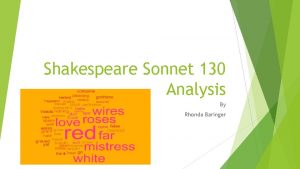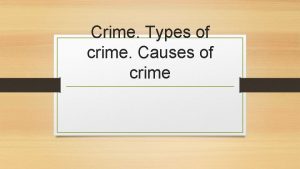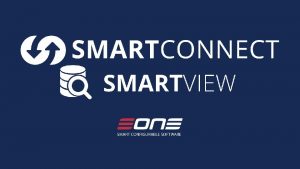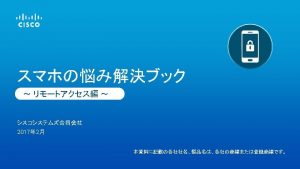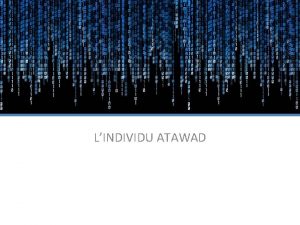What is Internet crime Internet crime is any







- Slides: 7

What is Internet crime? Internet crime is any illegal activity online

What is telecommunication crime? The “phone phreakers” of three decades ago set a precedent for what has become a major criminal industry. By gaining access to an organisation’s telephone switchboard (PBX) individuals or criminal organisations can obtain access to dial-in/dial-out circuits and then make their own calls or sell call time to third parties (Gold 1999).

. What are the main types of computer and telecommunication crime Some of the main types of computer and telecommunication crimes are Hacking Phishing Computer Viruses Cyberstalking

What is the RCMP doing to enforce the law regarding computer crime in Canada • They go into peoples houses and when there not home and copy there hard drive • They put chips in peoples phone and track that person

The Criminal Code of Canada and the Copyright Act contain provisions that deal with computer and telecommunication crime. • • • • Traditional criminal law concepts can deal with damage to or theft of physical property, such as computers, magnetic tapes, etc. , but must be reconsidered when dealing with electronic funds transfers and the like. The Courts have had a easier time dealing with the improper use of electronically-stored information where the information represents monetary funds (See R. v. Scallen ((1974), 15 C. C. C. (2 d) 441) than where the information and the computer facility do not relate to banking services. In Regina v. Stewart[(1984) 74 C. P. R. (2 d) 1] , the Supreme Court of Canada held that confidential information was not "property" that could be stolen. In November, 1984 a jury in the Court of Queen's Bench (the Superior Court) of the Province of Alberta found Clifford Eric Tannas not guilty of theft of over $250, 000 worth of computer software that he had copied and kept after leaving the employ of Dome Petroleum Ltd. , an oil and gas company in Calgary, Alberta. (14) Mr. Tannas had used the software while working at the drafting section at Dome. Because the Tannas case was decided by a jury, no reason for the acquittal or formal report of the decision is available. Fraud See the fraud section of the Canadian Criminal Code. Dealing in counterfeit or unauthorized copies of computer software may constitute fraud (R. v. Kirkwood. The operation of a software rental business may constitute fraud (See R. v. Ram and R. v. Leahy). Mischief See the mischief section of the Canadian Criminal Code. The Stewart case was followed in R v. Turner, (13) a dismissal of an application to quash the committal to trial of the accused). The accused had altered information stored in tapes at A. O. Smith Corporation in Milwaukee, Wisconsin. The information was encoded by the accused in such a way that the customers of A. O. Smith Corporation could not properly access the information on the tapes. The accused was charged with mischief under s. 387(1)(d). The judge held that the offence of mischief essentially relates to an interference with the enjoyment of property rather than the physical alteration of property. The accused's interference with the "property" in the information contained on the tapes may constitute mischief and the committal for trial was left in place.


